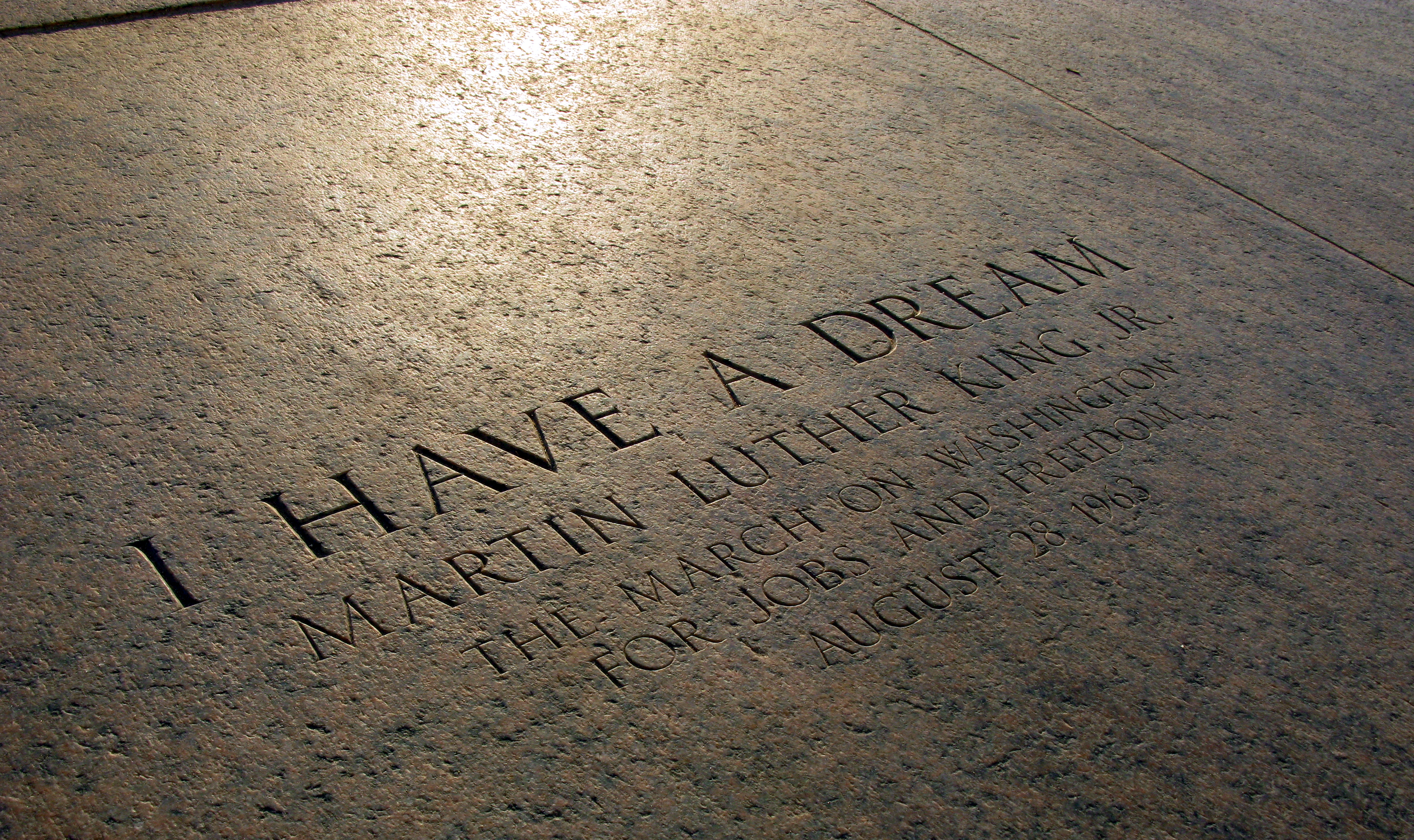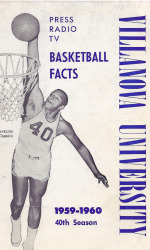
Happy Friday, Wildcats! Falvey Library is delivering you another semester of Weekend Recs, a blog dedicated to filling you in on what to read, listen to, and watch over the weekend. Annie, a graduate assistant from the Communication department, scours the internet, peruses the news, and digs through book stacks to find new, relevant, and thought-provoking content that will challenge you and prepare you for the upcoming week.
Dr. Martin Luther King Jr. is without a doubt the most remembered and revered Civil Rights activist in the United States. From his rise to prominence with his activism and work with the Southern Christian Leadership Conference (SCLC) to his horrific assassination, and with an entire day dedicated to his life, his modern acclaim is unsurprising.
Consequently, as Civil rights and racial justice have progressed (although the progress is sometimes very meager and disappointing), the radical nature of Dr. King has largely been replaced with a liberalized image, a man seeking moderate change. Yet, in the 1950s and 60s, Dr. King was anything but a liberal or moderate figure, he was directly challenging the U.S. government, a government that very much needed to be challenged. Many of the choices he made were not just moral, but strategic and trailblazing. In honor of MLK Day this upcoming Monday, this weekend’s recs will hopefully shine a slightly different light on Martin Luther King Jr. and his philosophy, politics, and activism.
If you have 12 minutes…and want to focus less on the past and more on the future, read this article in Counter Punch. Meyer, Jeffers, and Ragland place an emphasis on learning from organizers and activists of the past to combat racial hate and violence today, and they push back against the modern oppositional dichotomization of Malcolm X and Dr. Martin Luther King Jr.
If you have 13 minutes…and need to brush up on your Civil Rights history, watch this Crash Course video on Dr. Martin Luther King Jr. and the SCLC.
If you have 17 minutes…and want to read one of his most famous works, read “Letter from a Birmingham Jail,” available at Falvey. This open letter was written by Dr. King after he was arrested during the nonviolent Birmingham protest campaign in 1963 and offers his guiding beliefs, arguments, and principles.
If you have 20 minutes…and only plan to read one thing from this list, read “MLK Now” by Brandon Terry, available online through Falvey. This piece is truly a standout work that revisits and offers a reconsideration of Dr. King and his work in today’s age and what we can and should learn from him.
If you have 26 minutes…and want to hear from Dr. King himself, watch this NBC interview with Dr. King. This interview really sheds light on Dr. King’s perspective on his Civil Rights work and where he saw the movement heading 11 months before his assassination.
If you have 30 minutes…and are interested in learning about King’s dedication to strategic nonviolence, read Karuna Mantena’s essay, “Showdown for Nonviolence: The Theory and Practice of Nonviolent Politics” by Karuna Mantena, available (in the 4th chapter of To Shape a New World) at Falvey.
If you have 2 hours and 8 minutes…and still haven’t seen it, watch Ava DuVernay’s Selma, available in Falvey’s DVD Collection. Although the film’s sole focus is not on Dr. King, it shows his efforts to get the Civil Rights Act of 1964 passed and puts his courage and the violence with which he and other Civil Rights activists were met into perspective.
If you have 11 hours…and want to read essays exploring Dr. King and his work from a variety of different perspectives, read Shelby and Terry’s To Shape a New World: Essays on the Political Philosophy of Martin Luther King, Jr, available in Falvey. This book has some great essays that look at King through diverse and interesting lenses.
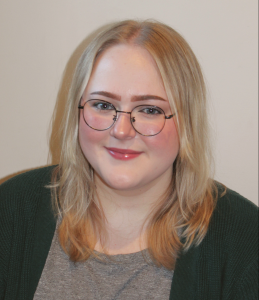 Annie Stockmal is a graduate student in the Communication Department and graduate assistant in Falvey Library.
Annie Stockmal is a graduate student in the Communication Department and graduate assistant in Falvey Library.

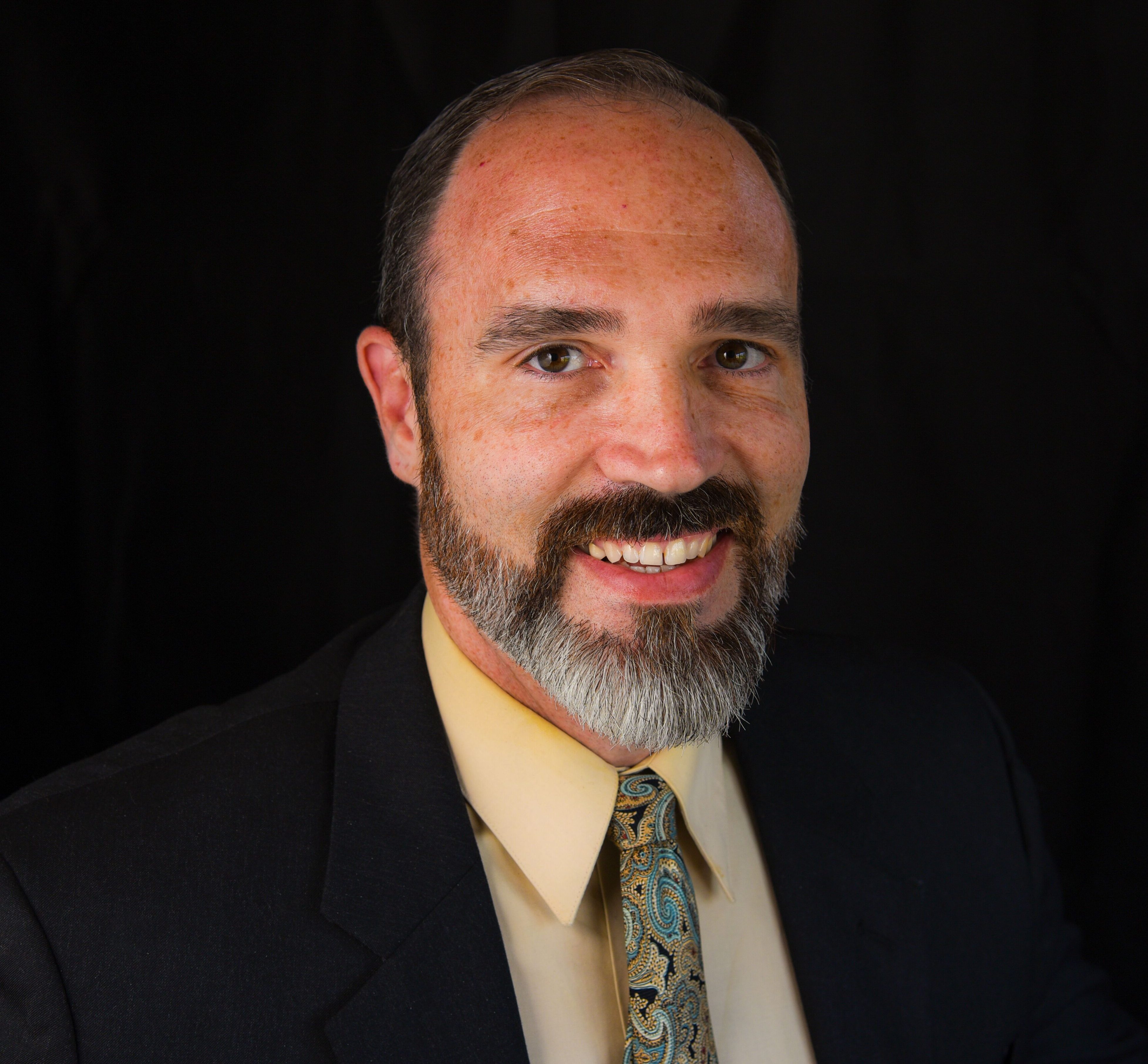

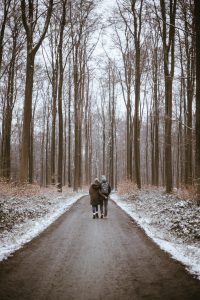
 Annie Stockmal is a second-year graduate student in the Communication Department and Graduate Assistant in Falvey Library.
Annie Stockmal is a second-year graduate student in the Communication Department and Graduate Assistant in Falvey Library.
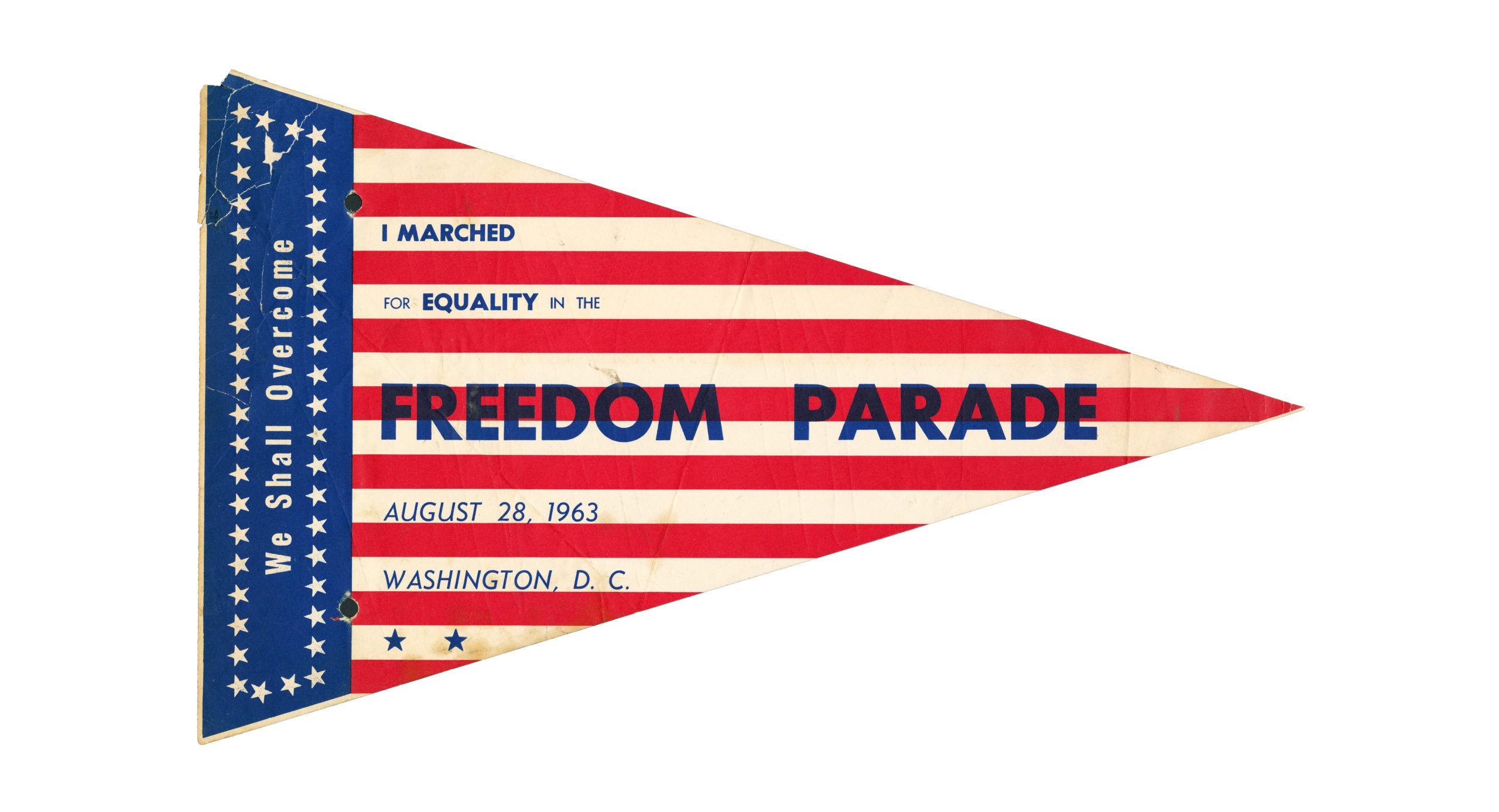

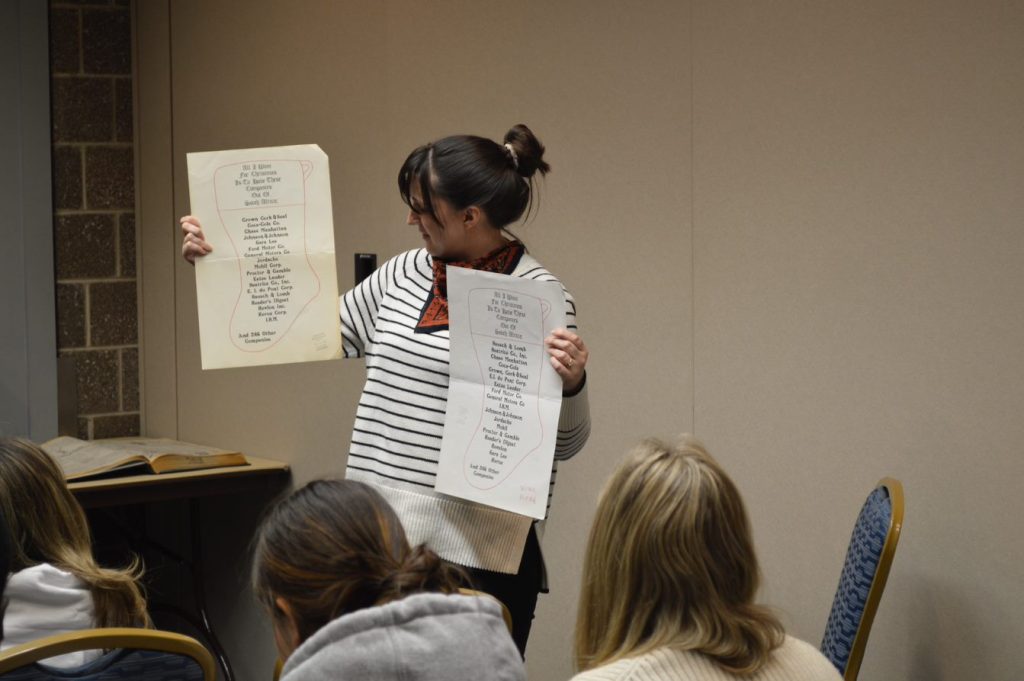
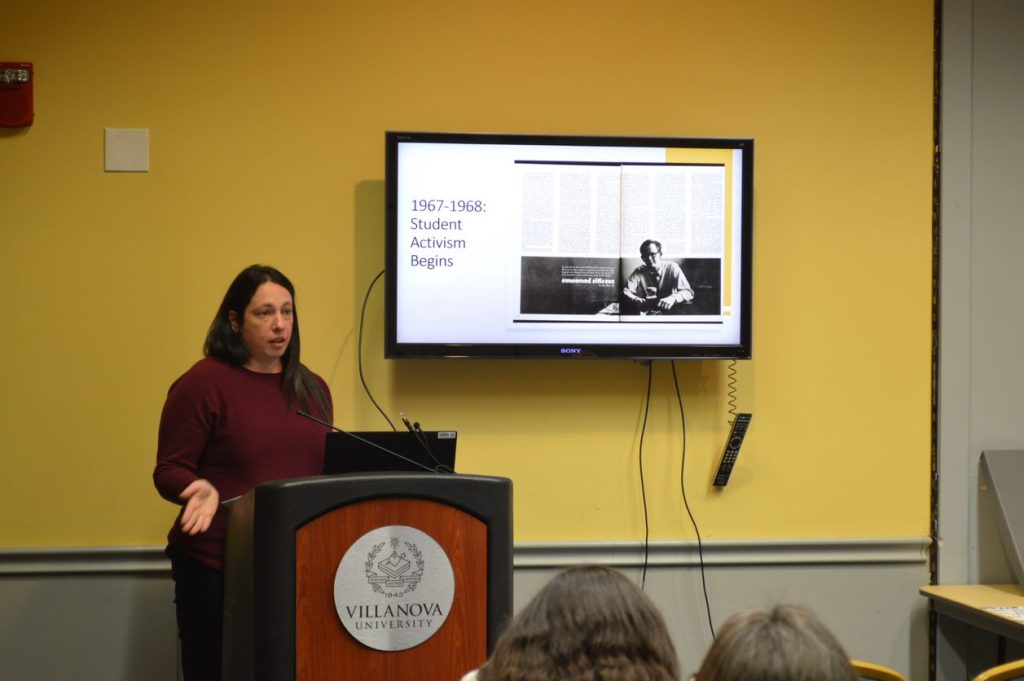
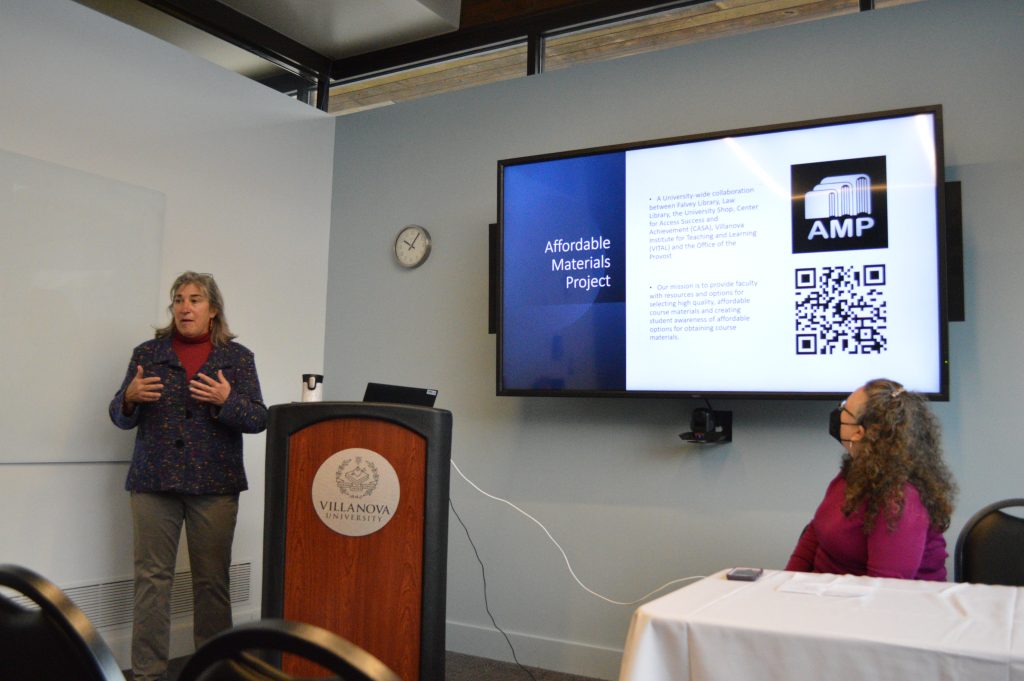
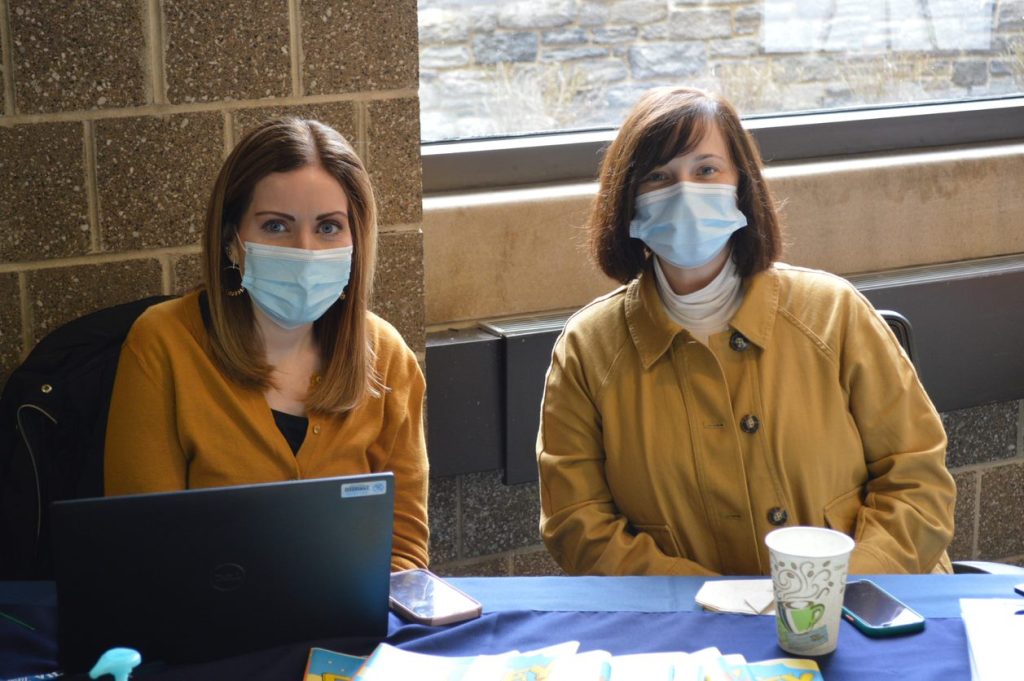




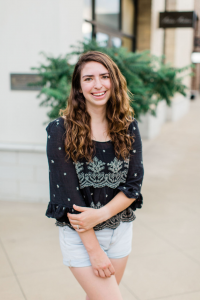 Jenna Renaud is a graduate assistant in Falvey Memorial Library and a graduate student in the Communication Department.
Jenna Renaud is a graduate assistant in Falvey Memorial Library and a graduate student in the Communication Department. Ethan Shea is a first-year English Graduate Student and Graduate Assistant at Falvey Memorial Library.
Ethan Shea is a first-year English Graduate Student and Graduate Assistant at Falvey Memorial Library.



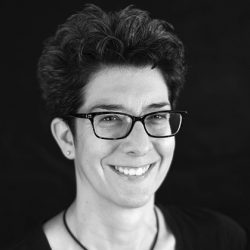 Susan Turkel, MA, MLS, is a Social Sciences Librarian at Falvey Memorial Library.
Susan Turkel, MA, MLS, is a Social Sciences Librarian at Falvey Memorial Library.